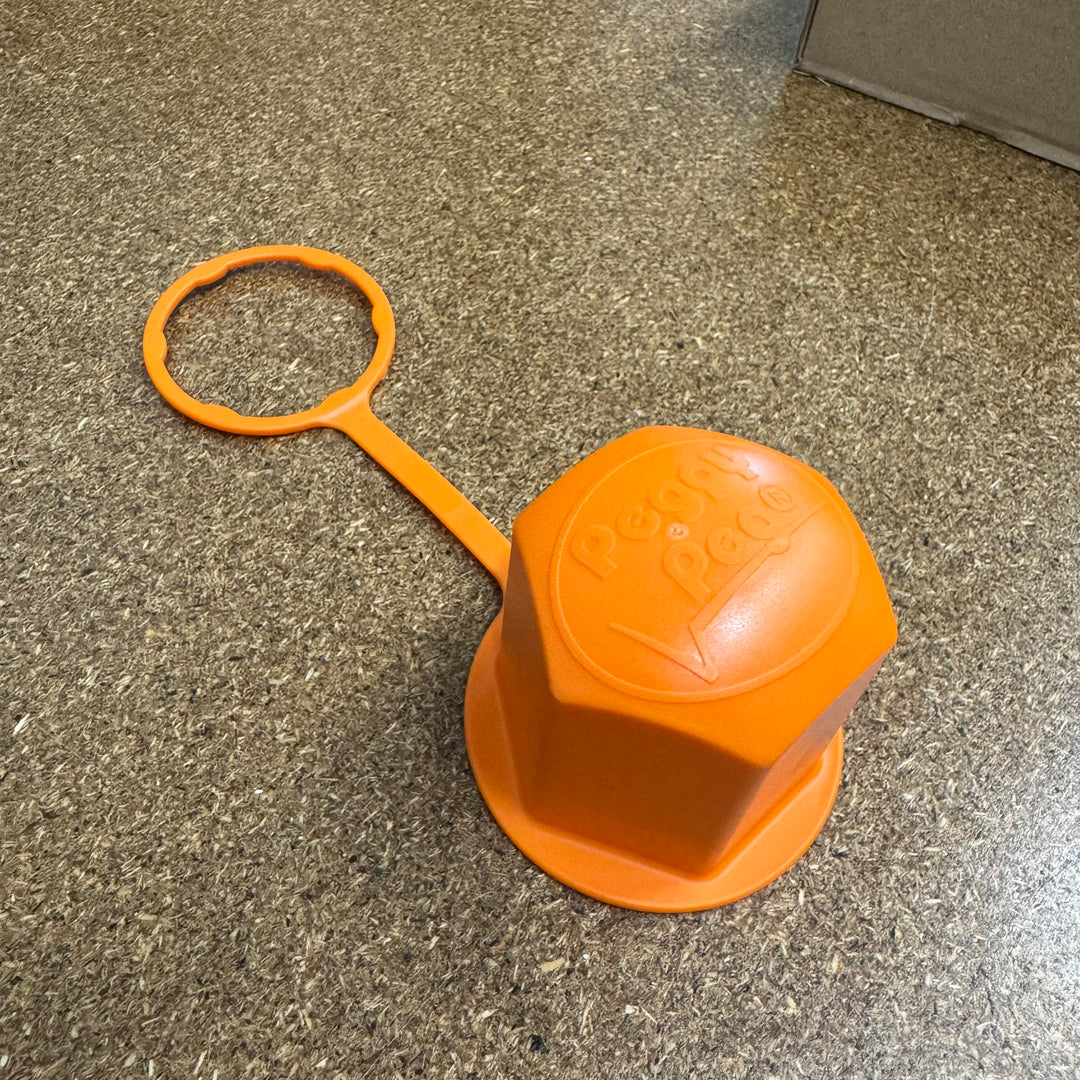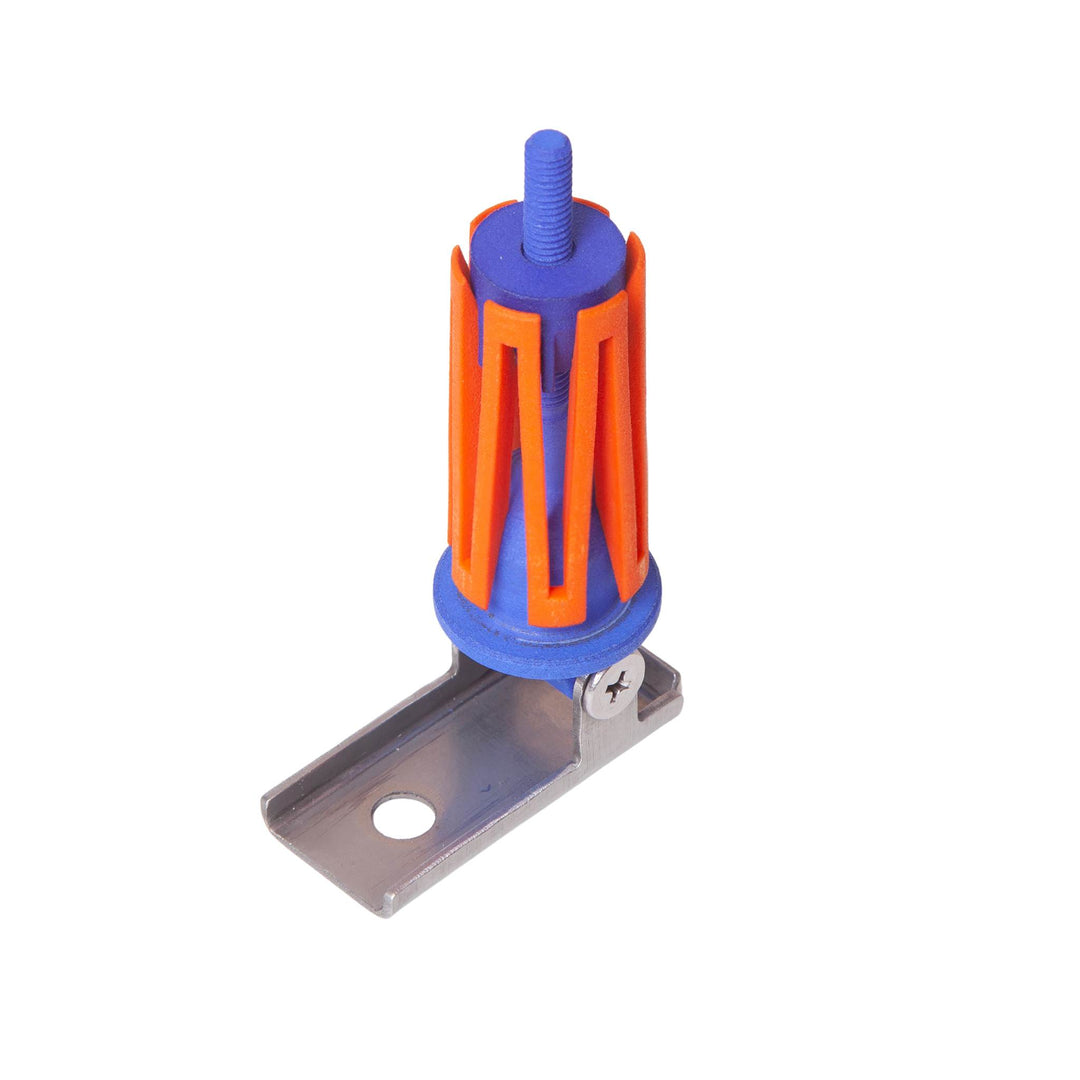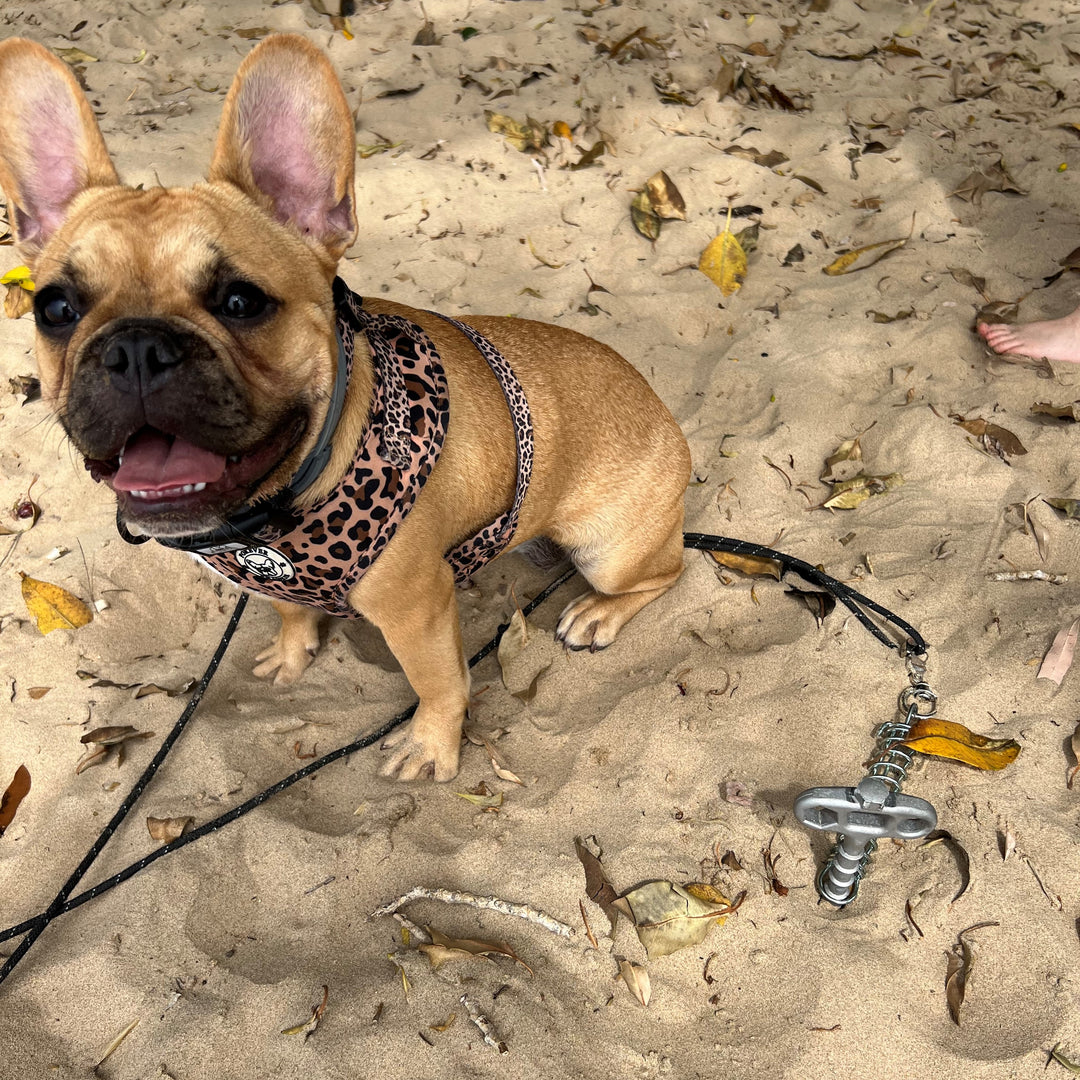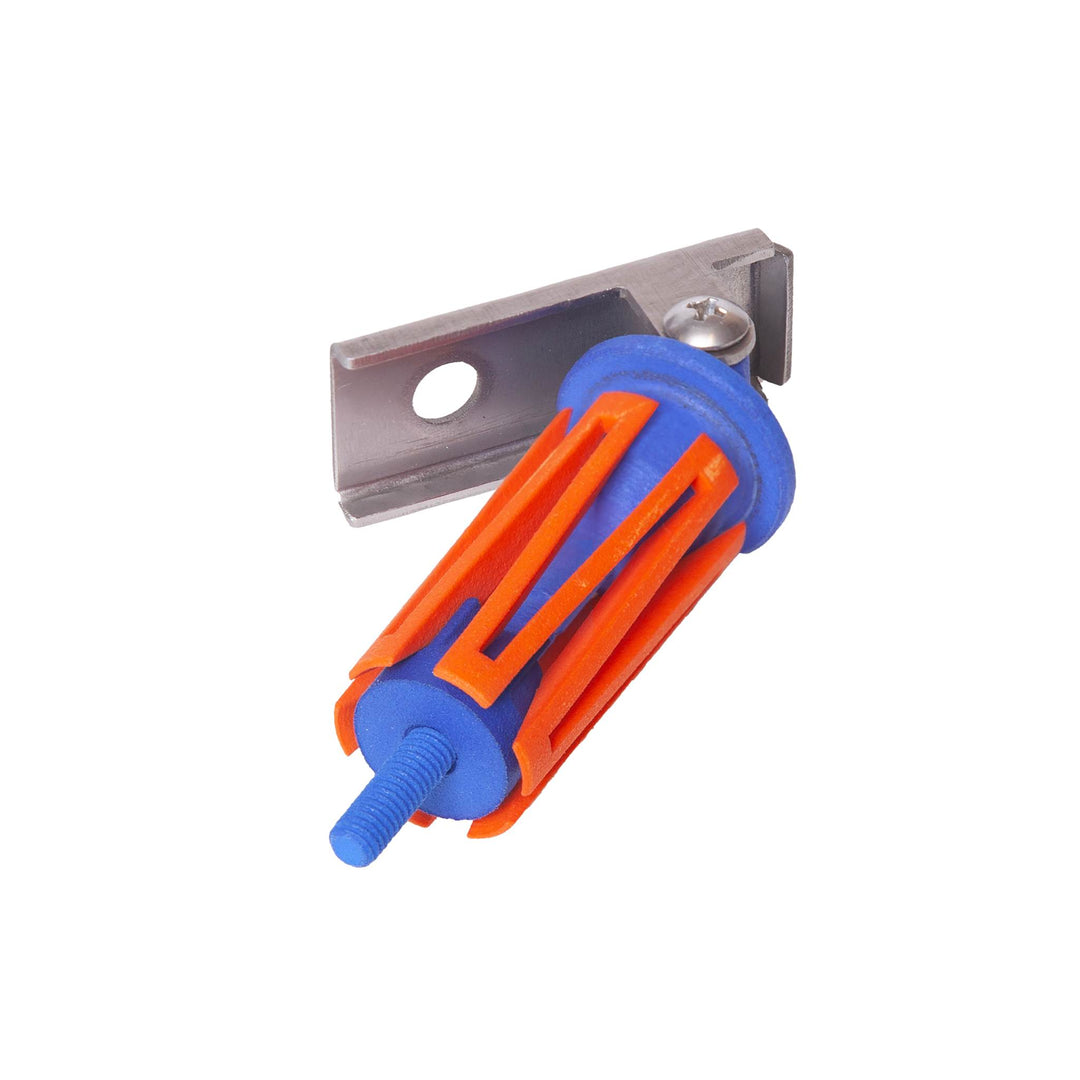How do I properly secure my awning with Peggy Peg products?

Secure your awning properly with our Peggy Peg products
Are the anchor plates necessary if I use the TieStraps to fix my awning? Or if I use the anchor plates, do I necessarily need the TieStraps? Two very good questions and a point where it might lead to some confusion to one or another.
Thus, with this blog post, we wanted to bring some light into the darkness. 😉
How do I properly secure my awning with Peggy Peg products?
Every awning manufacturer recommends to always fix your awning poles first thing!
As mentioned in our explanation video of the Fix&Go anchor plate 2.0, every awning manufacturer recommends to always fix your awning poles, and so do we.
Step 1) Secure your awning poles
Fixing the legs is important so that the awning is secured and cannot "fly" away.
Why?
Because sudden rain/wind squalls can lift the awning and might risk damaging your camper van/vehicle. And well, an awning might not be the most expensive thing in the world for some but, the damage it can cause to your vehicle is immense and delivery times for a replacement awning are horrible at the moment.
This is why you should always secure your awning legs either to the vehicle or to the ground with our Fix&Go awning plate 2.0.
The Fix&Go awning plate 2.0

What makes it so special?
Well, this anchor plate makes it possible to safely anchor your awning (Fix) and in extreme conditions (proper storm) they are easily opened again (& Go) to retract your awning quickly (= Fix&Go).
Read also our other blog post, "How to use our Peggy Peg Fix&Go Anchor Plate 2.0 and what makes it so special?" if you want to know even more details about the anchor plates.
Additionally, you can secure your awning with two storm straps
Thus, Step 2) Use storm straps
You can often see that people secure their awning with simple guy ropes.
Our TieStraps are a quick and innovative tool so that you can super easily attach and detach it by sliding the T-Connector into your awning rail and attaching the strap to the T-connector.

The TieStrap

What makes it so special?
The TieStrap is an enclosed system with a spring and is 1-3 m extendable. Due to this system, you will have no loose, flapping ends of a strap and nothing can unhook itself.
The spring is necessary so that the awning is not too tightly attached to the ground; thus, it allows your gear to easily move with the weather conditions.
When using our TieStrap you always screw our Peggy Pegs through the eyelet of the spring to attach the strap.
The Tie Straps are also super easily attached and detached by sliding the T-Connector into your awning rail and attaching the strap. The blue hooks can be clicked in above so that the spring will not be able to move upwards.

Bringing some light into the darkness
Are the anchor plates necessary if I use the TieStraps to fix my awning?
Yes, definitely! 💡
Because even if you attach your awning with our TieStraps, the legs will not have any security if sudden wind/rain quails will lift it up.
Most certainly, the same rules apply as described above because you simply want to avoid damaging your awning or vehicle and unnecessary costs in any way!
Our Fix&Go anchor plates come also in a handy Fix&Go awning set so that you can attach your awning legs safely with the plates and our Peggy Pegs.
The set includes a selection of pegs which cover a variety of different soil conditions (from soft/loose to extremely rocky).
This means that where ever you go, you will be equipped for any soil condition you might encounter.
To get even more info about what is inside the set read this blog post.
But if I use the anchor plates, do I necessarily need the TieStraps?
💡 Short answer:
Our TieStraps are a recommendation but not a necessity.
💡 Long answer:
Yet, as mentioned before, It is always good to properly secure your gear from being suddenly lifted by wind or rain!
Look at it from a different angle. If you tie down your awning with two additional Peggy TieStraps in a 45° angle, you create two additional points which can distribute the force coming from any weather condition onto the awning.
This means that the pressure is distributed instead of just 2 points (the feet), to 4 points (2x feet + 2x storm straps).
In this case, more is better: Four anchor points can simply withhold more than Two 😄
Recap
- We first covered why it is necessary to secure your awning to the ground at all, and then explained what the proper way is.
- It is advised by the awning manufacturer to first always secure your awning legs, and you pretty much cover that part with our Fix&Go anchor plates.
These make it possible to safely anchor your awning and quickly retract it when a sudden weather change looms. (We do recommend to always retract the awning in case of extreme conditions!) - When you distribute the force coming from the weather conditions onto two more TieStraps, your awning is even better secured.
Aaaaaand you will generally be at a more peaceful state of mind when leaving your camper van set up with the awning, and the weather changes suddendly while you are gone.
You liked this blog post? Please share it with your camper friends 😜
You have any questions? Feel free to pop us a message via service@peggypeg.net or on FB/Instagram.








Hallo,
Ich habe mir über die Fa. Obelink in Holland für meine Sackmarkise Obelink Ihr Befestigungssystem gekauft. Zu meinem Leidwesen musste ich feststellen, dass der Stellfuss meiner Sackmarkise (rund) nicht in der Ankerplatte 2.0 passt. Ich konnte die orangene Schieber nicht schließen, Ich habe bei Fa. Obelink diesen Fall reklamiert, ohne Erfolg. Können Sie mir helfen? Was kann ich hier noch tun, um die Ankerplatte doch noch zu verwenden.
Danke für Ihre Hilfe
Milton Hügelschäfer
Leave a comment